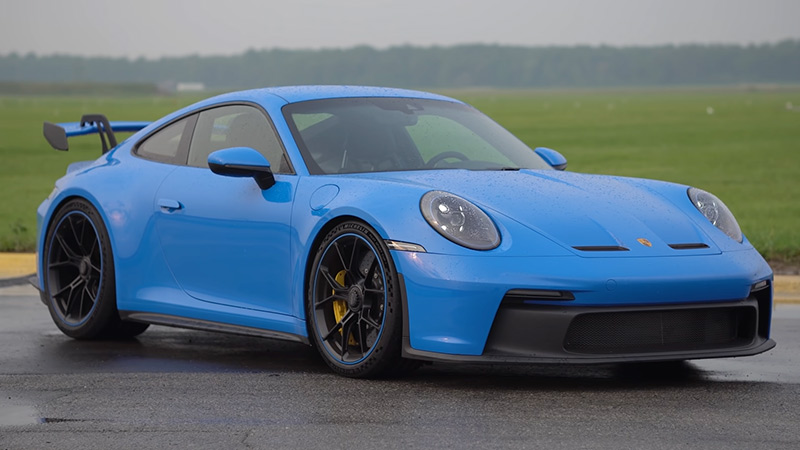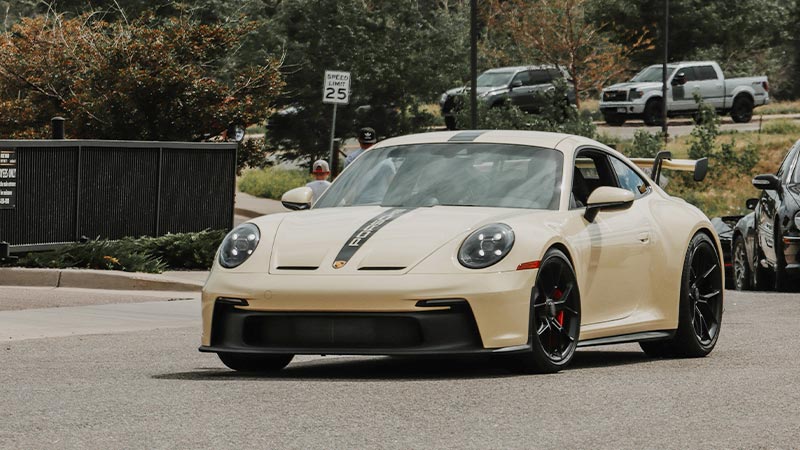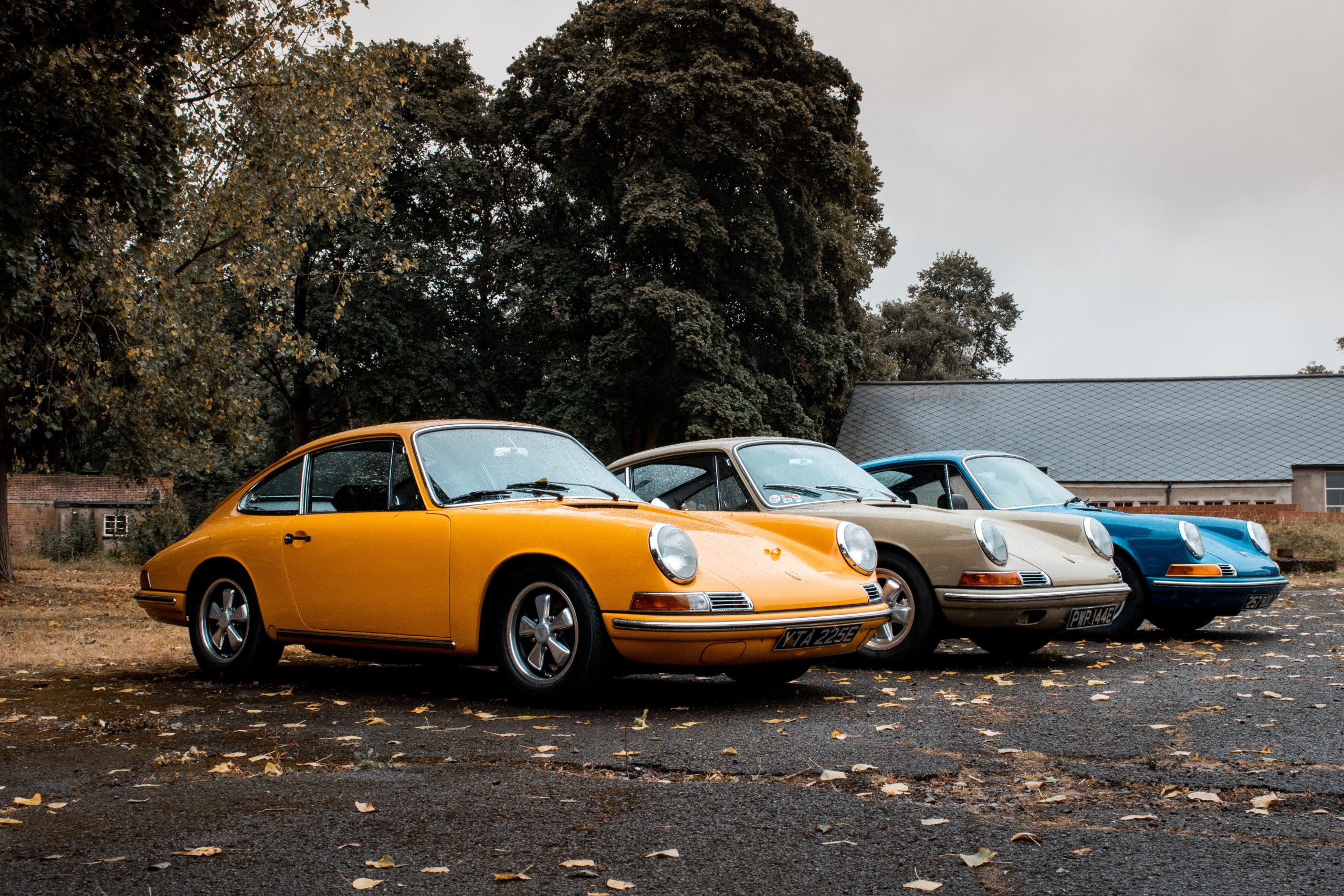What Country Is Porsche From? A Journey Through Heritage And Craftsmanship
Share

Porsche is a name synonymous with luxury, performance, and engineering excellence. For automotive enthusiasts around the world, the brand evokes images of sleek sports cars tearing down the autobahn and iconic designs that have become landmarks in automotive history. But have you ever wondered, what country is Porsche from? The answer lies within the heart of Germany, where precision engineering and a passion for driving marry in an exquisite ballet of machinery.
The Birthplace of a Legend: Germany

Porsche was founded in 1931 by Ferdinand Porsche in Stuttgart, Germany. Initially established as a vehicle development and consulting company, the company took a decisive turn when it began to produce its own cars after World War II. The first model, the Porsche 356, launched in 1948, cemented the brand's reputation as a producer of sports cars that combined speed, style, and innovative engineering.
Stuttgart, often referred to as the “cradle of the automobile,” remains the beating heart of the Porsche brand. Today, the headquarters is located in Zuffenhausen, Stuttgart, where all Porsche cars are designed and ultimately produced. The region itself plays a pivotal role in automotive history, being home to multiple renowned car manufacturers, including Daimler and Bosch.
Behind the Scenes: Where Are Porsches Made?

As enthusiasts, we often fantasize about the exhilarating experience of driving a Porsche, but what about the intricate process that brings these marvels of engineering to life? The production of a Porsche is a meticulously crafted journey that combines modern technology with age-old craftsmanship.
Most Porsche vehicles are produced at the main factory in Stuttgart, with specialized manufacturing facilities located in Leipzig, where the Cayenne and Macan are assembled. Each facility is designed to adhere to stringent quality control standards, ensuring that every vehicle is not only a product of superior engineering but also a symbol of reliability and performance.
It's crucial to note that the assembly of each Porsche car involves a blend of cutting-edge automation and skilled craftsmanship. For instance, the iconic Porsche 911 requires around 70 hours of labor and the expertise of skilled workers to ensure that each vehicle meets the brand's exceptional quality standards.
Tradition Meets Innovation: The Porsche Manufacturing Philosophy

At the core of Porsche's manufacturing philosophy lies the country's renowned reputation for engineering excellence. German engineering is characterized by precision, quality, and durability—qualities that resonate with Porsche's commitment to excellence. Every Porsche is a testament to this philosophy, with a heavy emphasis on attention to detail, quality materials, and innovative technology.
The production process at Porsche also emphasizes sustainability. The facilities are designed to minimize environmental impact, utilizing renewable energy sources and recycling materials wherever possible. This is part of Porsche's commitment to producing vehicles that are not only high-performing but also environmentally responsible.
The iconic Porsche 911 series, first introduced in 1964, is a prime example of this blend of tradition and innovation. The model has evolved through numerous generations, retaining its classic design while embracing modern technology and performance enhancements.
Porsche's Global Influence and Legacy

While the answer to what country is Porsche from is clear—Germany—the brand's influence extends far beyond its national borders. Porsche has become a global symbol of luxury and performance, with a loyal customer base spanning the globe. The brand engages with its fans through various events, including racetracks, shows, and exhibitions, enhancing its presence worldwide.
The success can also be attributed to a well-rounded lineup of vehicles that cater to different tastes and preferences. From the compact and agile Porsche 718 to the high-performance Porsche 911 Turbo, each model is engineered to deliver an exhilarating driving experience while reflecting the brand's commitment to quality and performance.
Porsche has also embraced the future of automotive technology with the introduction of electric models, such as the Porsche Taycan. This commitment to innovation ensures that Porsche remains a relevant and influential player in the fast-evolving automotive landscape.
Conclusion: A Symbol of German Excellence
In conclusion, the question of what country is Porsche from reveals a rich tapestry woven with historical significance, innovation, and an unwavering dedication to automotive excellence. Germany, and particularly Stuttgart, is the cradle of Porsche—where the fusion of tradition and modernization creates vehicles that captivate car enthusiasts around the world.
Understanding the heritage and craftsmanship behind every Porsche deepens our appreciation for the brand and the thrilling experience it delivers. Whether on the race track or the open road, every drive encapsulates the essence of German engineering, making Porsche not just a car, but a lifestyle choice characterized by elegance, performance, and unparalleled driving pleasure.
So the next time you get behind the wheel of a Porsche, take a moment to reflect on the craftsmanship and legacy that plays a crucial role in every exhilarating moment behind the wheel. With a proud heritage linking back to Germany, Porsche will continue to lead the world of automotive excellence for generations to come.